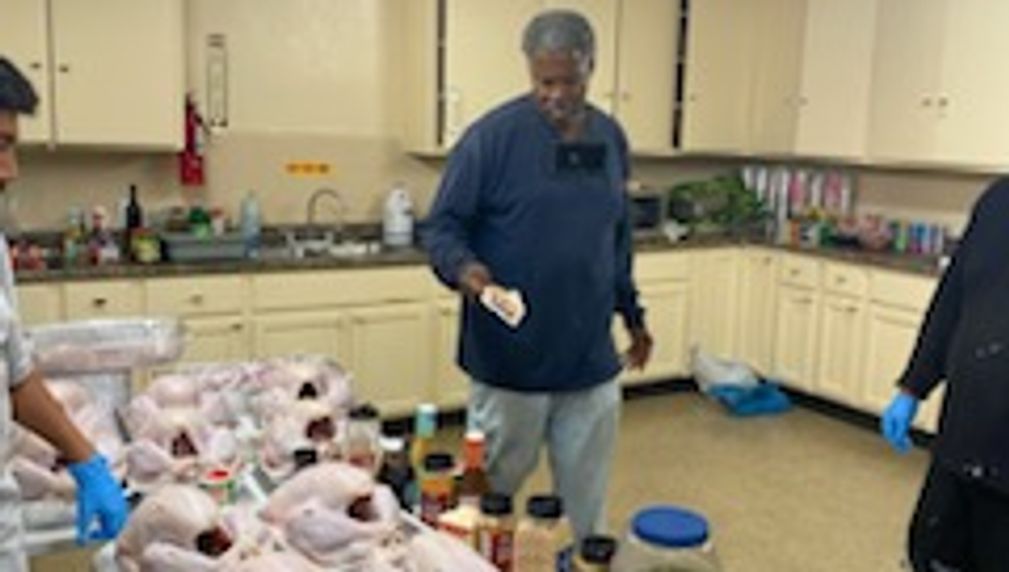Beacon of Hope
This grant will support Vermont Galaxy Community Outreach and Shelter (Vermont Galaxy) infrastructure project to meet current health and safety standards, ensure compliance with ADA guidelines, and improve overall usability to provide emergency temporary shelter with on-site access to mental health care, medical services, and detox support as needed that will be provided by two physicians to unhoused (homelessness) individuals in the county of Los Angeles, including all unincorporated areas.

What is the primary issue area that your application will impact?
Affordable housing and homelessness
In which areas of Los Angeles will you be directly working?
South LA County of Los Angeles (select only if your project has a countywide benefit) East LA San Gabriel Valley South Bay West LA Central LA San Fernando Valley Gateway Cities Long Beach Antelope Valley
In what stage of innovation is this project, program, or initiative?
Pilot or new project, program, or initiative (testing or implementing a new idea)
What is your understanding of the issue that you are seeking to address?
The issue that we are seeking to address is individuals experiencing homelessness due to housing shortages, increased rents, non-employment situations, mental health, and other complex issues and to work toward sustainable solutions. Experiencing homelessness itself can be a traumatic event, beyond just the visible hardships of living on the streets. Being homeless results in conditions not meant for human everyday living conditions (street living, stop and drop wherever they are from extreme fatigue, dying from trying to survive under extreme elements, no running water to clean themselves, loss of life, property damage, displacement of residents, infrastructure failure, threats to public health and safety, etc.). The magnitude and severity of the homeless crisis significantly exceeds the capacity of local governmental resources.
Describe the project, program, or initiative this grant will support to address the issue.
Vermont Galaxy is launching a pioneering initiative that blends emergency shelter services with community-driven workforce development and integrative wellness. This program reimagines the traditional shelter model by embedding purpose, employment, and clinical support into every stage of the housing journey. Through partnerships with licensed physicians, clients will receive access to mental health care, primary medical services, and detox support onsite—services often unavailable in emergency shelters. What sets this program apart is its direct pipeline to employment for residents, leveraging on-site job readiness training and opportunities within the shelter itself. Participants will contribute to shelter operations while gaining transferable skills, professional mentoring, and access to entrepreneurial coaching—fostering long-term stability. By uniting health, housing, and employment under one trauma-informed framework, this initiative offers an innovative response to chronic homelessness that centers dignity, healing, and community empowerment.
Describe how Los Angeles County will be different if your work is successful.
If our work is successful, Los Angeles County will see a transformative shift in how homelessness and community instability are addressed. Vermont Galaxy will help create a model where emergency housing is not an end point but a launchpad to holistic well-being. Our vision is a county where formerly unhoused residents are thriving in permanent housing, employed or self-sufficient, and supported by accessible health services. Communities will benefit from reduced street homelessness, increased public safety, and stronger local economies through job creation. In the long term, we aim to replicate this integrated model across other high-need areas in the county, expanding our partnerships with healthcare providers and job training organizations. By doing so, we will shift the system from one of crisis response to one of sustainable recovery and empowerment, redefining what it means to care for our most vulnerable neighbors.
Approximately how many people will be impacted by this project, program, or initiative?
Direct Impact: 15
Indirect Impact: 150